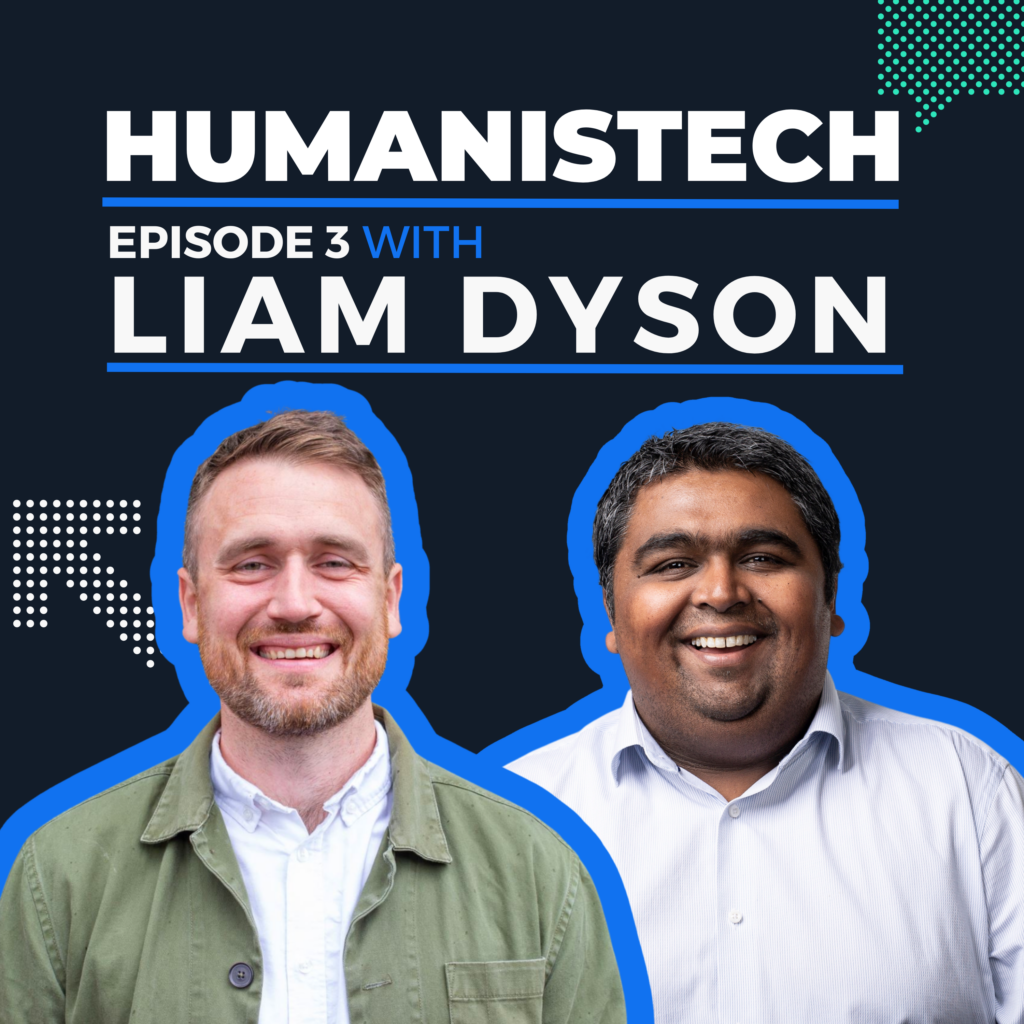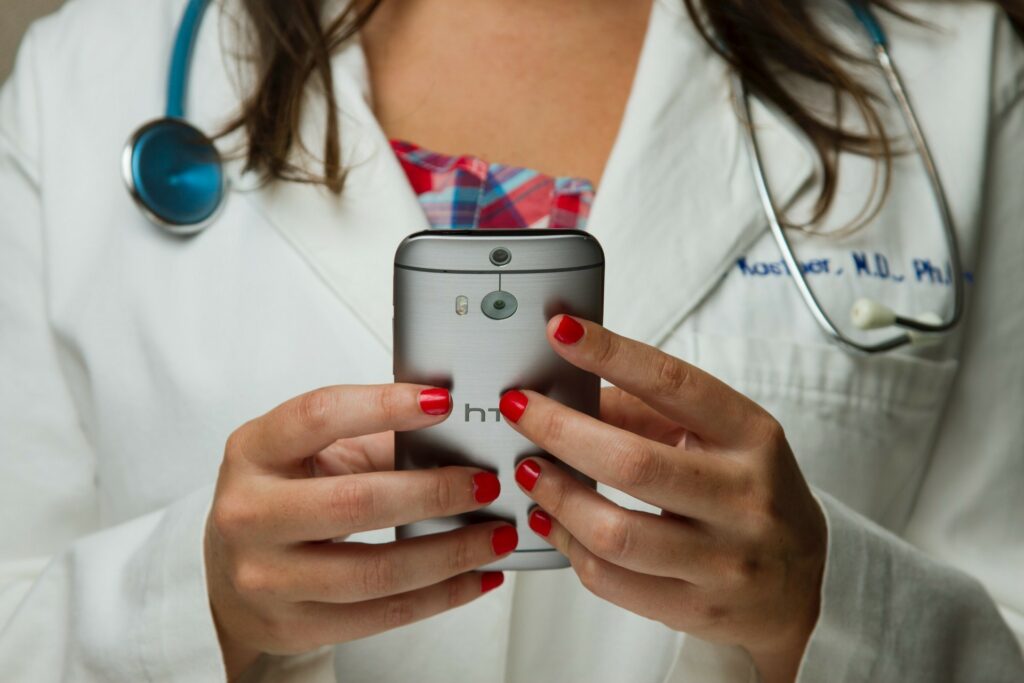Global healthcare has been rapidly transformed over the past decade through the adoption of new technologies‚ but huge societal issues still remain.
Stretched budgets‚ ageing populations and the rise of lifestyle-related diseases are collectively exerting strain on health systems‚ leading to unaffordable costs and restricted access to treatments.
Throw in a worldwide pandemic restricting face to face interactions and it’s clear to see that healthcare models need to change to meet future needs.
Now is the time for start-ups and industry players to look beyond replicating existing health services with digital options and build future-proof platforms with the aim of completely transforming how care is delivered.
For anyone looking to bring new digital health products and technologies to market‚ we believe these are the key areas that require new propositions and platforms.

Assisting With The Total Digital Transformation of Care
Despite the rise of video consultations‚ online services and remote communications‚ patient care remains largely un-digitised in many core areas.
According to NHS data from May 2020‚ only 25% of patients are able to currently book and cancel appointments online‚ with less than 10% able to view detailed records. This indicates a clear opportunity for further technologies to be developed‚ which seems to be backed up by demand from the general public.
myGP‚ who build technology dedicated to improving access to GP services‚ has witnessed a substantial increase in users accessing their services.
“Online repeat prescription ordering is up 225% since May last year via myGP. Our overall transaction volume has increased and for all features‚ we have seen an increase of 167% since last May. Transactions across all features peaked in March at almost 27m transactions.”
If public demand exists for digital services across the spectrum‚ why is the sector so slow to adapt?
A 2019 survey by Virgin Media Business reports that 77% of UK health and social care organisations surveyed feel as if they have too many competing priorities to make digital and technological change worthwhile.
This lack of appetite for digital change appears to be underpinned by lack of in-house expertise and existing technology barriers‚ 82% point to incompatible technology and legacy infrastructure in use‚ while 78% are concerned about siloed data held in disparate systems.
These are clear pain points which can be addressed by new platforms which have taken the time to understand how they can embed themselves into a complex ecosystem which has been cautious to adopt new technology.
This requires a solid focus on service design‚ interoperability and data management‚ alongside a deep awareness of exactly how the new platform will help providers deliver their goals.
Empowering Patients With Personalisation and Data
Personalised care forms the heart of Chapter 1 of the NHS Long Term plan‚ which outlines that changes will be put in place to ensure “people will get more control over their own health‚ and more personalised care when they need it.”
Alongside forming the core of modern public health care‚ there is also increasing consumer demand for personalised health solutions.
Technologies such as health monitoring‚ e.g. consumer mHealth apps‚ digitally-enabled wearables and sensors allow platforms to aggregate and analyse an individual’s data to suggest customised treatment paths.
It’s easy to see how an array of new platforms and products could be built around this concept‚ especially when you combine the promise of predictive analytics or machine learning.
Alongside wanting access personalised care‚ consumers are also interested in understanding their own data to inform wider lifestyle choices.
Epigenetics platform‚ Muhdo Health‚ has benefitted from the increasing interest from people who want to understand their genetic profile. As Nathan Berkley‚ CEO‚ explains:
“Since the beginning of Covid-19‚ sales of our DNA and epigenetics profiling kits have increased by 300% on a month by month basis‚ which shows that as lockdown measures came into effect‚ more people than ever were thinking about how to improve their physical and mental wellbeing and looking for ways to maintain a healthy lifestyle whilst at home.”
Reducing The Backlog For Good
As news emerges that the NHS waiting list could balloon to 10 million in 2020‚ new technologies and platforms may be the answer to helping services get back on track.
Patrick Samy‚ CEO of care plan platform‚ Span explains:
“Waitlists were already long for in-person programs before COVID-19. It has made the problem worse and with a 10-12% attendance rate‚ increasing the capacity is not the answer.
Digital alternatives have shown 75% attendance‚ but more than that‚ patients have reached better outcomes. The research we rely on for diabetes has shown a 54.7% reversal rate at 2 years with a continuous remote care model on 349 patients.”
Alongside improving attendance outcomes‚ new platforms could also tackle underlying issues which slow down care across the sector.
Currently‚ most patient administration in healthcare still happens by paper. This creates administrative friction that limits the capacity of the system to cope with a surge in demand. While computers can’t yet outperform human doctors when it comes to diagnosis‚ they can process administrative tasks 24/7‚ with much higher accuracy.
However‚ this automation must proceed with care. A mistake that many make is to move a manual process directly to technology without redesign to improve it. Bolting technology onto manual processes does not always equal a better outcome.
An example of this can be found in patient communications platforms which are often built as one-way affairs with simple CRUD functionality.
However‚ by enabling two-way messaging between patient and provider‚ a new cohort of platforms can leverage their insights into actual user needs and dramatically improve processes‚ productivity and outcomes.
From developing on-demand remote video consultation platforms to working with the NHS‚ we design and develop systems across the healthcare spectrum. Speak to our team today to find out how we can help you bring your digital health platform to life.





